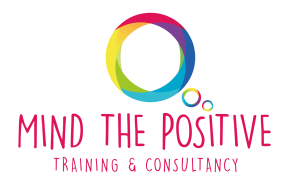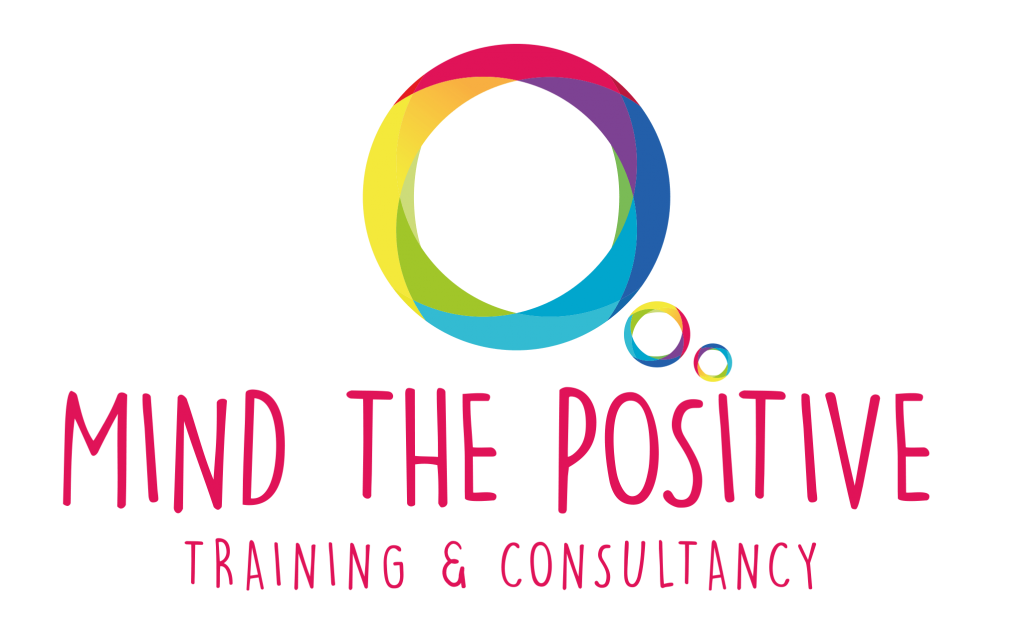Mind what your mind minds at!
Mind what your mind minds at!
In daily routine, we miss the important fact that we have the most powerful tool inside our skull, our brain. Hippocrates noted the power of the brain; “I consider that the brain has the most power for man… The eyes and ears and tongue and hands and feet do whatsoever the brain determines… it is the brain that is the messenger to the understanding and the brain that interprets the understanding” (Brain and Mind, Jeffrey M. Schwarz & Sharon Begley, p. 3). The brain, mechanically, allows our conscious experience of the world around us, from recognizing faces, to feeling joy, smelling a flower, tasting bitterness of coffee, or fingering roughness of a tree trunk.
In fact, the brain is the real physical matter, the hardware. The mind, on the other hand, is the nonphysical one, the software, which runs every nuance of every mental event. It is the mind that differs from a programmed, deterministic mechanical response that involves a mental process. That process, called as consciousness, is more than the mechanical perception and beyond perceiving and knowing; but it is knowing that you know (Brain and Mind, Jeffrey M. Schwarz & Sharon Begley, p. 5).
Given the above introduction on the mind, this platform “Mind the Positive” aims at attracting readers’ attention to the various capabilities of the brain and mind; how the mind is programmed to get attracted to the negative; how we, by our conscious intention may divert its program towards a positive attention; the importance of a positive outlook rather than a negative one; and what the tools of practice are to do so.
In essence, “Mind the Positive” refers to two meanings: The first is the fact that the mind can be trained to have a positive attention, if rephrased, as the mind is positive. The second, which this platform mainly focuses on, is to draw the attention to the positive matters around us; if rephrased, as look at the positive.
And the motto of the platform is “mind what your mind minds at!” is to attract our attention to our attention; where it is, on what matters, whether relevant with the activity at hand, or whether it is on the here and now…





